The second panel of the 2025 Western Nevada Development District (WNDD) Summit brought state and federal funding experts to the table to talk straight about what’s working, what’s stalled, and how rural communities can still compete in a tightening financial landscape.
Moderated by A’keia Sanders, Director of the Governor’s Office of Federal Assistance, the session featured Erik Jimenez, Senior Deputy Treasurer & Executive Director of the Nevada State Infrastructure Bank, Samantha Swing, Vice President, Cassidy & Associates, and Cheryl Fontaine, Chief of Bureau of Administrative Services, Nevada Division of Environmental Protection
Sanders outlined a reshuffling of federal priorities and emphasized the importance of being early, prepared, and persistent when it comes to grant opportunities. Her office now consolidates state notices of funding opportunities through Nevada ePro, aiming to make access more equitable for rural communities.
She encouraged rural leaders to “buzz the crap out of” her team’s grant administrator for support and highlighted a new AirTable system for private foundation grants, managed by staff member Shana Rhinehart.
Jimenez spoke on behalf of the Nevada State Infrastructure Bank, which has leveraged $75 million in general obligation bonds to fund over $650 million in public projects, ranging from affordable housing to rural fire stations.
“With rising costs and federal delays, the Bank is here to help fill those final funding gaps,” he said, noting upcoming projects in Caliente and West Wendover.
But he also warned of increasing uncertainty. “If a project depends on federal dollars that might not materialize, we can’t responsibly lend against that. We're staying flexible, but cautious.”
Cheryl Fontaine broke down the State Revolving Fund (SRF) for water and wastewater projects. While existing projects are funded, new principal forgiveness loans are on hold due to pending federal grant reviews.
“Funding is still flowing for now,” she said, “but the pipeline beyond this year is uncertain.”
Fontaine reminded attendees that the Rural Community Assistance Corporation, RCAC provides free technical assistance to help rural systems meet SRF eligibility and documentation requirements.
Swing unpacked the complex world of congressionally directed spending (a.k.a. earmarks). “It’s not a blank check,” she explained. “It’s a front-of-the-line pass for eligible projects in existing programs.”
Her advice to communities was to build early support, ensure budget flexibility, and demonstrate broad community impact. “If your project can’t scale, or doesn’t show a larger benefit, it’s probably not making the cut.”
Sanders emphasized the importance of talking early and often with state officials who can help steer projects through overlapping programs.
“Funding is complicated, but it’s not impossible,” she said. “Nevada works better when we work together.”
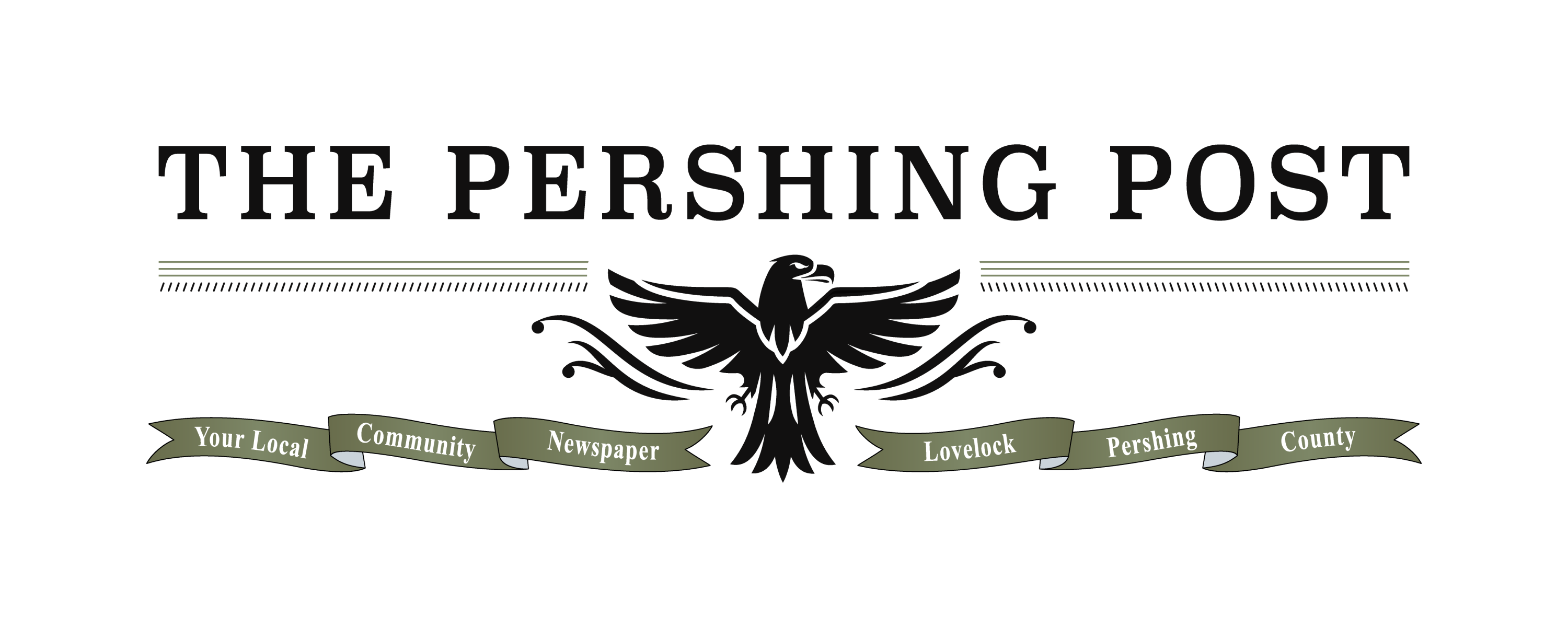

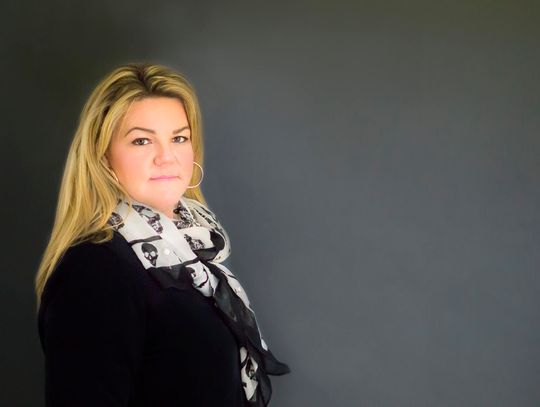

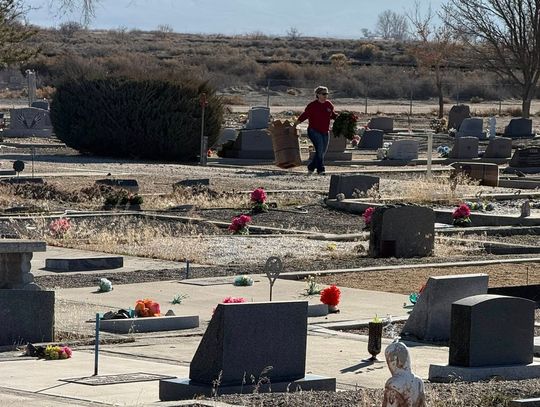
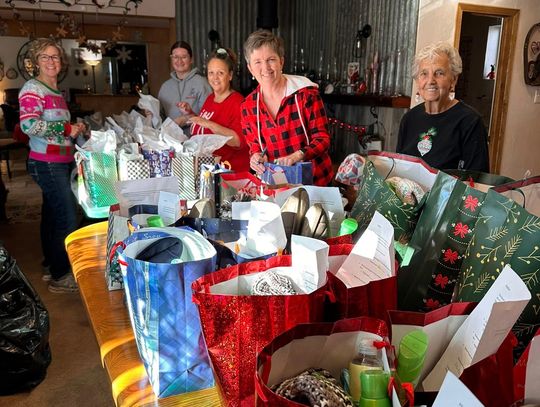
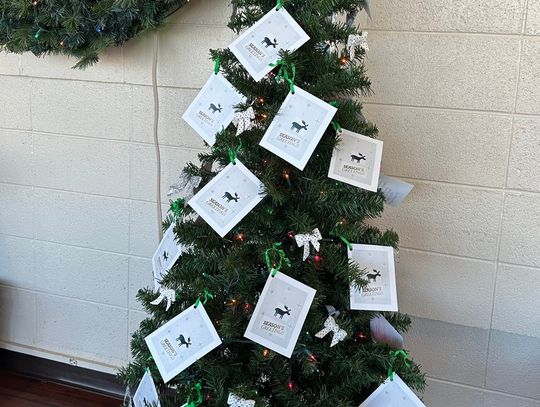
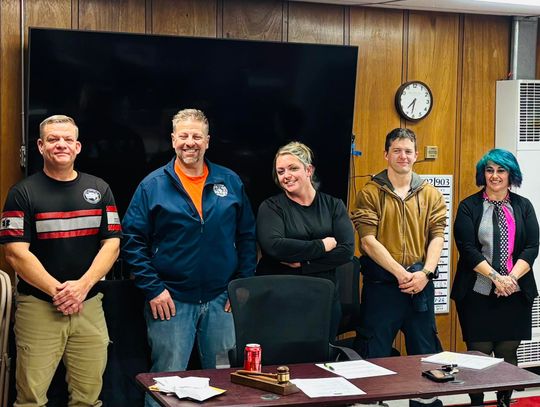
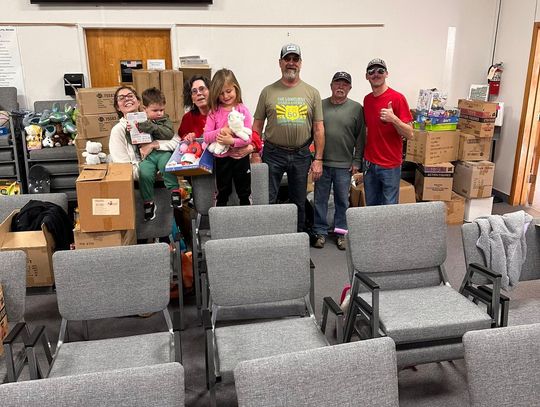
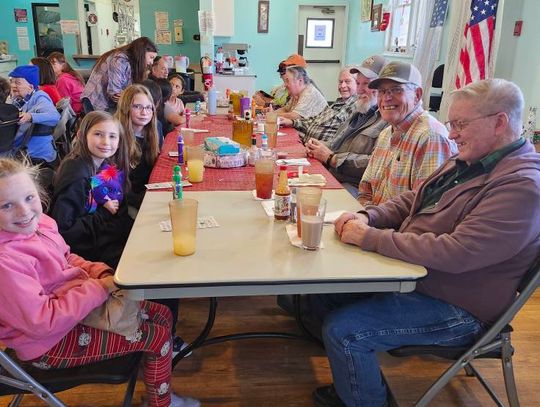
Comment
Comments